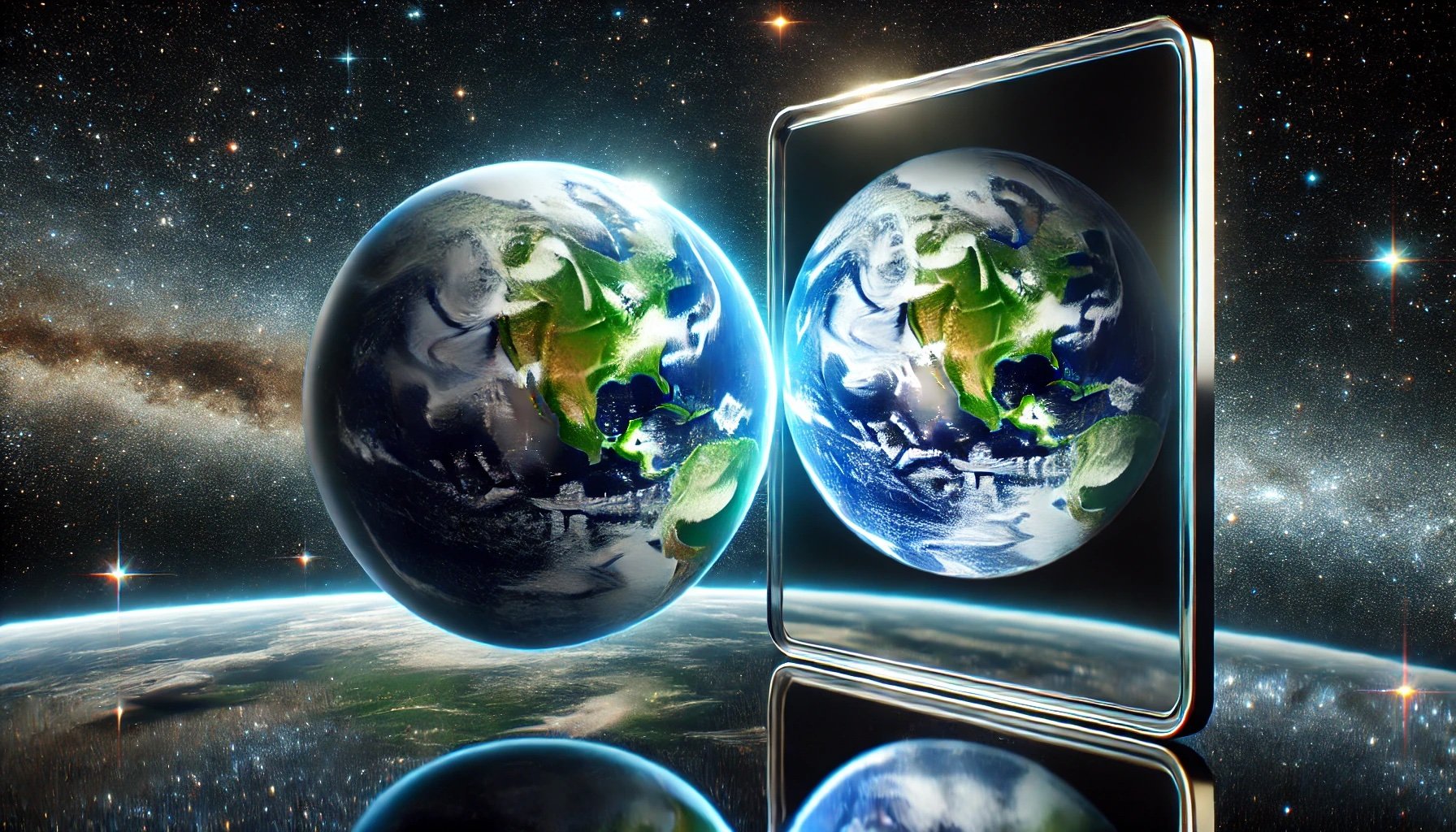A whirled world
Feeling disconnected post-election? Dive into the interconnected nature of our judgments and biases. Explore how unresolved generational patterns shape how we see ourselves and others, and why understanding this is key to personal and collective healing.
the world is a reflection of the inner you….www.lifeinsynergy.com
Navigating Disconnection: Understanding Our Interconnected Reality
If recent Political events have left you feeling detached or disillusioned, or even if you're in high spirits, there’s value in exploring perspectives beyond our own as “different,” rather than “wrong.” This shift isn’t about invalidating our emotions but rather expanding our understanding.
Let’s begin with an essential truth: we all share this single, fragile planet. Regardless of where we stand, we all navigate a tangled web of personal emotions, biochemical processes, and internal energies that fuel our actions and reactions. No one—not even the most ambitious among us—has the luxury of relocating to a different world simply because they find their fellow inhabitants difficult. Even hypothetically, what chance would a new society have if it carried unresolved legacies like ego, racism, sexism, and the persistent urge for control?
Likely, the cycle of conflict would follow us wherever we go.
As it stands, we’re a species governed by millennia of repetitive patterns, cycling through the same historical themes. We see global divides in 2024 that resonate with those of 1900, 1800, or 500. Despite immense advances in technology and society, these underlying currents of division remain hauntingly unchanged.
In many ways, the human mind—our most potent tool, capable of inventing everything from electric lights to digital marvels—still relies on a primitive “filter.” This mental filter, which automatically categorizes people by characteristics such as race, gender, wealth, and social status, was our first attempt at making sense of the world. It acts like a camera filter on our phones, coloring every interaction before we even engage. With this filter, we slot people into boxes, drawing on preconceptions we’ve absorbed from countless external influences.
The paradox? The “other” we resist or judge is often a reflection of our own unresolved aspects.
When we feel triggered by someone else’s behavior or identity, it’s often because they mirror parts of ourselves we haven’t fully accepted or understood. This realization is jarring: the person we project our judgments onto is, in many ways, an extension of our own experience.
Human consciousness is thus a vessel carrying layers of history—emotional imprints from generations past that we unconsciously replay. The 21st century is simply the context; our bodies are processing the same fundamental impulses that may have driven us thousands of years ago. When we judge others, we reinforce the very divisions within ourselves.
So, the age-old principle remains: what we do to others, we ultimately do to ourselves. This isn’t a curse—it’s a chance to recognize that healing ourselves may be the most effective way to heal the divisions we see around us. In learning to honor this shared humanity, we allow for a kind of progress that can’t be measured in inventions or societal advancements alone.
Spirituality isn’t a 4 letter word or some bullshit…….it doesn’t have to be religious or cult like. It could be as basic as looking at someone you despise in your mind and taking a moment to see if any of what “they” are doing can also be a part of your very being and if so, how can you change it within yourself and join the whole cosmic quantum entanglement fun in the process?
Helena and Brian
Life in Synergy Inc.

